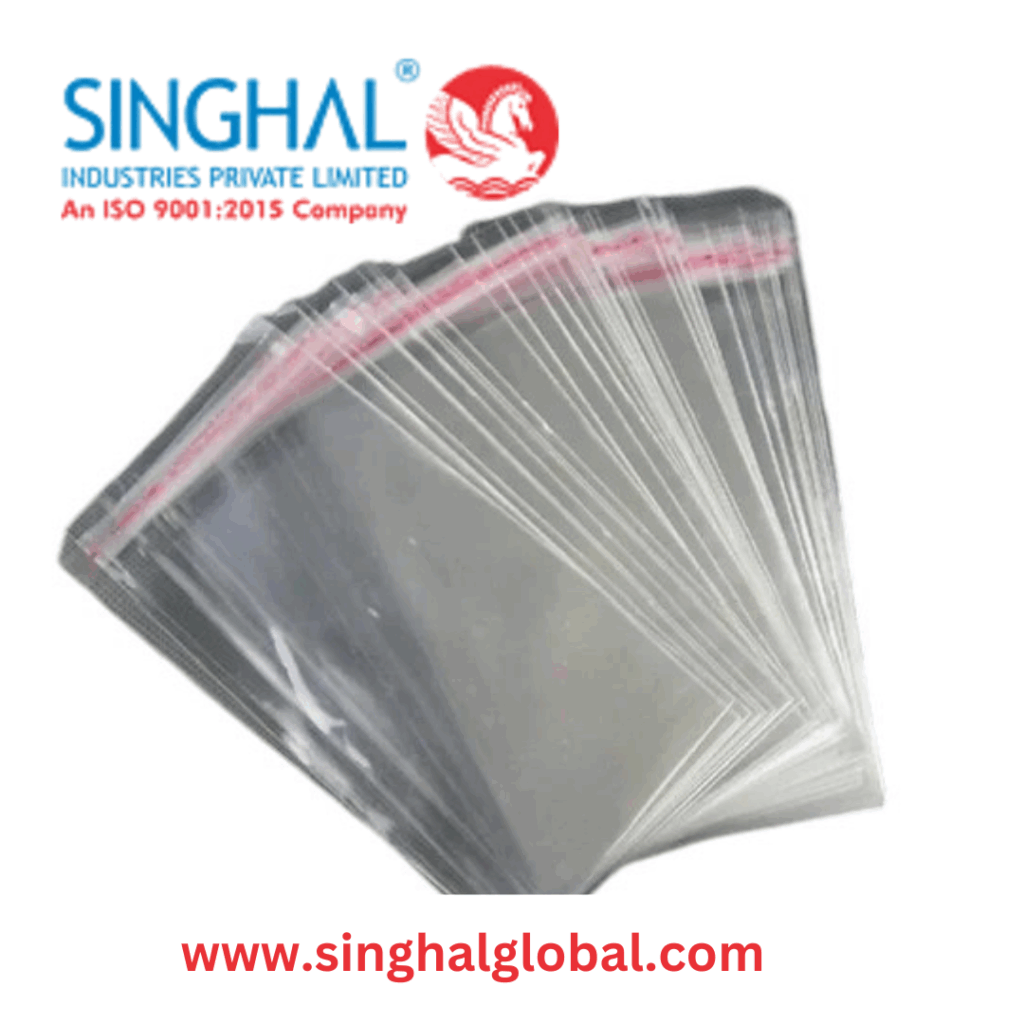producing high-quality clothing for brands, retailers, and wholesalers. Whether you’re starting a clothing line or looking to scale your business, partnering with the right garment manufacturer can ensure efficiency, cost-effectiveness, and superior product quality.
1. What Do Garments Manufacturers Do?
Garments manufacturers handle various stages of clothing production, including:
- Fabric Selection & Sourcing – Choosing materials that align with design specifications.
- Pattern Making & Sampling – Developing prototypes to finalize the fit and design.
- Cutting & Stitching – Precision-cutting fabric and assembling garments.
- Printing & Embroidery – Custom branding options such as screen printing, sublimation, and embroidery.
- Quality Control & Inspection – Ensuring defect-free production through stringent checks.
- Packaging & Distribution – Preparing garments for shipping and retail display.
2. Types of Garment Manufacturers
There are different types of garment manufacturers, including:
- Full Package Manufacturers (FPM) – Handle everything from fabric sourcing to finished apparel.
- Cut, Make, Trim (CMT) Manufacturers – Clients provide fabric and designs; the manufacturer assembles garments.
- Private Label Manufacturers – Produce garments with custom branding for retail businesses.
- OEM (Original Equipment Manufacturer) Services – Create products based on a brand’s specifications.
3. How to Choose the Right Garment Manufacturer
Selecting a reliable garment manufacturer requires thorough research and evaluation. Consider the following factors:
- Production Capacity – Ensure they can meet your order volume.
- Quality Standards – Look for certifications such as ISO, OEKO-TEX, or GOTS for organic clothing.
- Customization & Flexibility – Check if they offer custom labeling, designs, and printing.
- Lead Time & Delivery – Timely production and efficient logistics are critical.
- Cost & Pricing – Compare quotes to find competitive pricing without compromising quality.
- Industry Reputation – Read reviews and seek referrals to assess their reliability.
4. Benefits of Partnering with Garment Manufacturers
Working with professional garment manufacturers offers several advantages:
- Cost-Effectiveness – Bulk production reduces per-unit costs.
- Scalability – Easily increase production based on demand.
- Expertise & Quality Assurance – Experienced manufacturers ensure high standards.
- Brand Focus – Enables businesses to focus on marketing and sales rather than production logistics.
5. Emerging Trends in Garment Manufacturing
The apparel industry continues to evolve with innovative trends, including:
- Sustainable Manufacturing – Eco-friendly production processes and ethical labor practices.
- Automation & Smart Factories – AI-driven sewing and automated quality checks.
- On-Demand & Small-Batch Production – Reducing waste and meeting niche market demands.
Final Thoughts
Choosing the right garments manufacturer is a crucial step in building a successful apparel business. By understanding different manufacturing models, assessing supplier capabilities, and staying updated on industry trends, businesses can ensure a seamless production process and superior product quality. Whether you need mass production or small-batch orders, finding the right manufacturing partner will set your brand up for long-term success.









